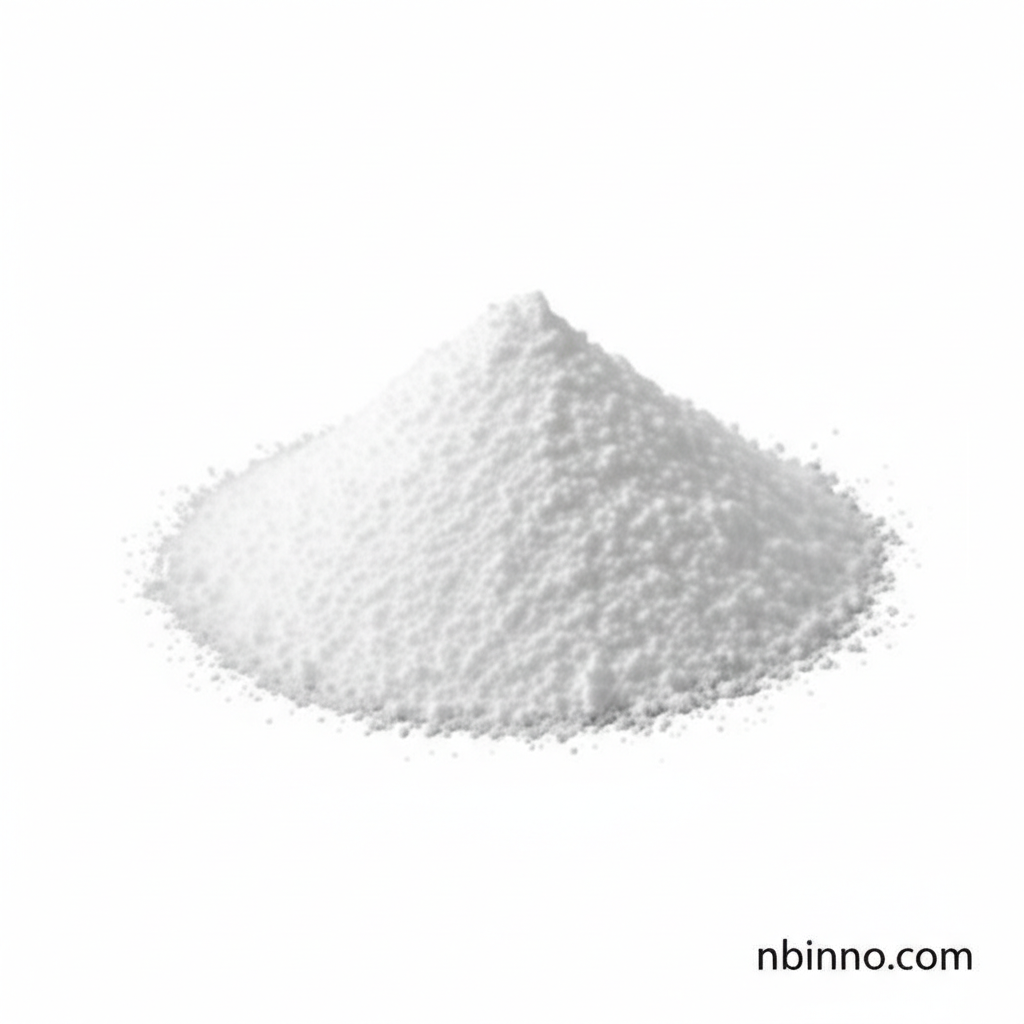HEPES: A Comprehensive Guide to its Properties, Applications, and Benefits in Biological Research
Discover the essential role of HEPES in maintaining stable pH for your critical biological experiments.
Get a Quote & SampleProduct Core Value

HEPES
HEPES, scientifically known as 4-(2-hydroxyethyl)-1-piperazineethanesulfonic acid, is a highly regarded zwitterionic organic chemical buffering agent. It plays a crucial role in numerous biological applications by providing robust pH stability across a physiological range.
- HEPES buffer for cell culture offers superior pH control compared to traditional bicarbonate buffers, crucial for maintaining cell viability and experimental integrity.
- Explore the detailed HEPES pKa value, which is critical for understanding its buffering capacity at specific pH levels, particularly between 6.8 and 8.2.
- Learn about the diverse HEPES biological buffer applications, ranging from advanced cell culture techniques to complex biochemical reactions.
- Discover why HEPES vs bicarbonate buffer is a key consideration for researchers needing consistent pH environments, especially when dealing with CO2 fluctuations.
- Understand the ease of use when you aim to buy HEPES powder, a reliable component for any research laboratory.
- Access critical information by referencing the HEPES CAS 7365-45-9 identifier, ensuring you obtain the correct product for your needs.
- Utilize HEPES for essential HEPES for biochemical reactions, where precise pH management is paramount for reaction kinetics and product yield.
Key Advantages
Superior pH Stability
Benefit from the robust pH buffering capacity of HEPES, making it ideal for cell culture and other sensitive biological systems where consistent pH is vital for optimal performance.
Broad Applicability
Leverage the versatility of HEPES as a biological buffer, suitable for a wide array of applications including cell culture, tissue culture, protein purification, and various biochemical assays.
Chemical Inertness
HEPES exhibits negligible metal ion binding and limited interference with biochemical reactions, ensuring that your experimental outcomes are not compromised by buffer interactions.
Key Applications
Cell Culture
As a premier buffer for cell culture, HEPES provides essential pH stability, supporting cell growth and function, a critical aspect when considering HEPES for cell culture.
Biochemical Assays
In many enzymatic studies and biochemical reactions, understanding the HEPES pKa value is crucial for optimizing reaction conditions and achieving reliable results.
Tissue and Organ Culture
HEPES is often recommended as a superior alternative to sodium bicarbonate for tissue and organ culture, offering better pH control, especially when you need to buy HEPES powder.
Research and Diagnostics
From fundamental research to diagnostic development, the reliability of HEPES biological buffer applications ensures consistent performance.
